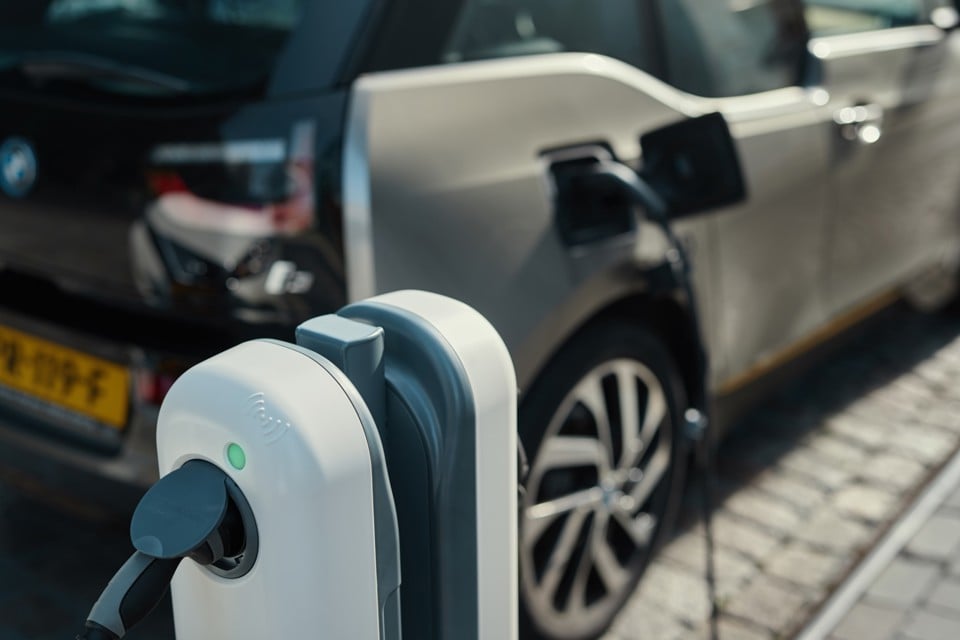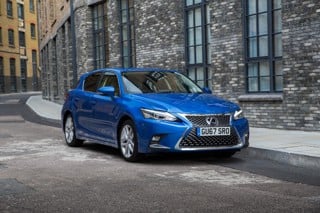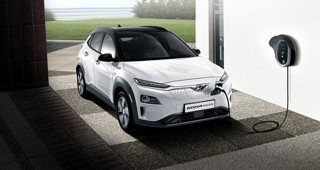Full hybrid passenger cars offer faster and more certain emissions reductions of up to 30% than plug-in hybrids, says Emissions Analytics.
The organisation has found that, if a PHEV has not been plugged in, on average they return 37.2mpg and CO2 emissions of 193.3g/km, which is 62.5% worse than the official NEDC results.
“In the realm of private passenger cars, non-plug-in, full hybrids offer much faster and more certain emissions reductions of up to 30%,” says a spokesman for the organisation.
“Given the importance of reducing CO2 emissions aggressively and quickly, the lower risk option may be preferable.
“Our position is that on reasonable assumptions, PHEVs will deliver less and less certain reductions in CO2 than non-plug-in hybrids.
“In other words, that they are ineffective without behavioural compliance and that such compliance is politically infeasible in most democracies where it would be considered an intrusion on privacy.”
Emissions Analytics said this does not mean PHEVs have no claim to virtue. It added: “Their primary strength is offering electrification without range anxiety, since an internal combustion engine remains present, whether as a part of the drivetrain or as a ‘range-extending’ battery generator.
“Research studies have shown that some duty cycles – for example commuting to and from work every day but charging overnight and avoiding long distances – can result in virtually no use of the ICE.
“The driver has in this case had an EV ‘on the cheap’, without the weight and cost of a large battery pack. This is a PHEV at its best.
“At the other end of the spectrum, a PHEV might be deployed on long journeys and never plugged in.
“This results in a significant disbenefit, the vehicle typically offering worse fuel consumption and emissions than a conventional ICE-only drivetrain. This is a PHEV at its worst.
“While we can recognise that many current or potential PHEV owners understand that the electric driving share of a PHEV, expressed as its utility factor, is the key to its fuel economy rating and emissions, nonetheless the Dutch data, based on fuel card usage, included a significant business user fleet where there was evidently no fiscal incentive to save fuel. These owners were hardly plugging in.”
Emissions Analytics added: “The case for future PHEVs may lie principally in the light to medium commercial fleet, where the advent of zero emission city centres may force dual-drivetrain approaches, the pure electric drive share being saved for last-mile delivery and the ICE permitting long highway distances, refrigeration units and so forth.”
Earlier this year, Emissions Analytics said fleets should switch to hybrid vehicles rather than waiting for an adequate supply of fully-electric vehicles, in order to reduce real-world CO2 emissions.
























john4870 - 30/09/2019 21:05
This is not totally true, this is hugely model-dependant - Prius PHEV is brilliant, BMW330e is rubbish. Until somebody steals the catalyst of course then you have real probs!